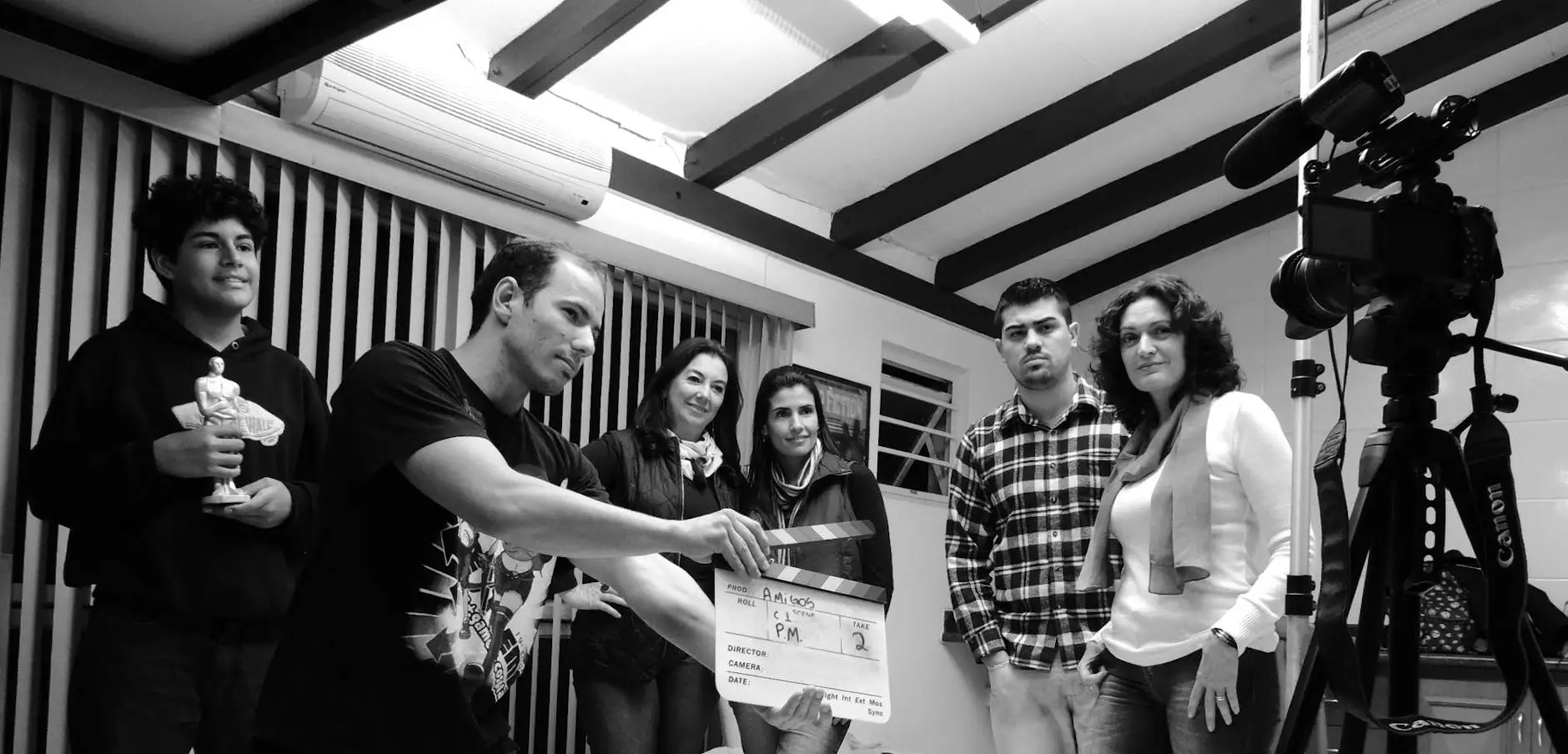The Make or Buy Case Study: A Strategic Business Decision

When it comes to optimizing operational efficiency and reducing costs, businesses are faced with the strategic decision of make or buy. This fundamental choice revolves around determining whether to produce goods or services in-house or to outsource them from external suppliers.
Understanding Make or Buy Decision: An Overview
The make or buy decision has significant implications for businesses across various industries. This case study takes an in-depth look at the factors that influence this decision and how it impacts organizational performance.
Advantages of Make
In-house production, or "make," refers to the process of developing products or services within the organization. This approach offers several advantages:
- Control: By producing internally, businesses gain complete control over the quality, production process, and delivery schedules. This control allows for greater customization, adherence to specific standards, and quicker response to market demands.
- Intellectual Property: In-house production helps safeguard sensitive intellectual property, trade secrets, and proprietary knowledge.
- Flexibility and Innovation: When businesses have in-depth knowledge of their operations and industry, they can foster a culture of innovation and respond more quickly to changing market trends.
- Cost Efficiency: Under certain circumstances, in-house production can achieve considerable cost savings by eliminating markup costs associated with external suppliers and achieving economies of scale.
Advantages of Buy
On the other hand, outsourcing or "buy" has its own set of benefits:
- Reduced Costs: External suppliers may offer economies of scale, expertise, and specialization that can result in cost savings for businesses. They can leverage their economies of scale to negotiate better prices for raw materials, components, or services.
- Access to Expertise: Outsourcing certain activities enables businesses to tap into external expertise and benefit from the knowledge, skills, and experience of outsourcing partners.
- Risk Mitigation: By outsourcing specific functions, businesses can mitigate risks associated with market fluctuations, technology changes, or regulatory compliance.
- Operational Focus: Outsourcing non-core activities allows businesses to focus on their core competencies and strategic objectives, allocating more resources and attention to critical areas.
Case Study: Make or Buy in the Education Industry
To exemplify the make or buy decision, let's explore a case study within the Education industry.
Background
MECS Press, an educational technology company, provides various digital learning solutions to schools and universities. They are deciding whether to develop their Learning Management System (LMS) internally or outsource it to a third-party vendor.
Analysis
MECS Press has conducted a detailed analysis of the make or buy decision, considering multiple factors:
- Core Competencies: MECS Press identified that their core competencies lie in instructional design and content creation, not software development. Outsourcing the LMS allows them to focus on their strengths and provide high-quality content to their customers.
- Costs and Resources: Developing an LMS internally would require substantial financial investment, specialized technical resources, and ongoing maintenance costs. Outsourcing provides cost predictability and access to specialized development expertise.
- Time to Market: Speed to market is crucial in the highly competitive education industry. By leveraging an external vendor's expertise, MECS Press can launch their LMS faster, gaining a competitive advantage and meeting customer demands promptly.
- Scalability and Flexibility: Outsourcing allows MECS Press to scale their platform based on demand and adapt quickly to technological advancements. This flexibility reduces the risk of becoming outdated and ensures a future-proof solution.
Decision and Results
After careful evaluation, MECS Press decided to outsource the LMS development to a specialized vendor. This decision enabled them to focus on content creation, reduce costs, accelerate time to market, and provide a scalable solution to their customers.
Conclusion
Make or buy decisions are critical in shaping a business's operations, efficiency, and overall performance. By considering various factors such as core competencies, costs, resources, and flexibility, businesses can strategically choose whether to make or buy.
While the specific decision varies depending on the unique circumstances of each business, it is essential to conduct a comprehensive analysis to ensure the chosen path aligns with the business's objectives and long-term success.
MECS Press successfully navigated the make or buy decision within the Education industry, showcasing the benefits of outsourcing non-core activities and leveraging external expertise. This case study emphasizes the strategic nature of the decision and how it can positively impact a business's bottom line.
For more insights and case studies on various business topics, visit MECS Press (mecs-press.org).
make or buy case study








